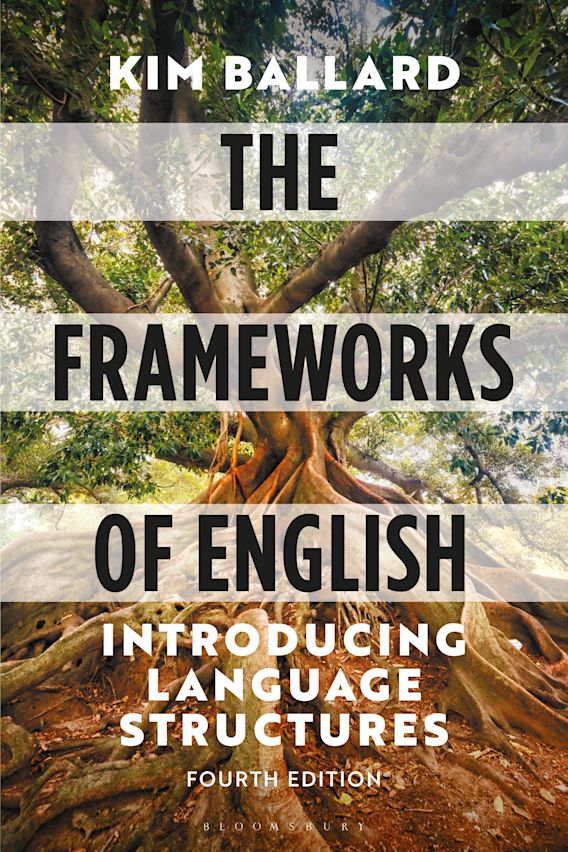



johndoe@gmail.com
Are you sure you want to reset the form?
Your mail has been sent successfully
Are you sure you want to remove the alert?
Your session is about to expire! You will be signed out in
Do you wish to stay signed in?
This exercise relates to an extract of historical English from Section 13.3, and includes questions on a range of linguistic features, with the final question inviting you to explore the text on a discourse level.
This extract is from a collection of tales (generally known as Le Morte Darthur) about the legendary King Arthur. They were written by Sir Thomas Malory, who was inspired by French versions of the stories. In this passage, two powerful kings, who have agreed to help defend King Arthur from his enemies, arrive in London. This example is far more accessible for a modern reader and a paraphrase is hardly needed
And so the tyme drove on and all thynges redy ipurveyed These ii noble kynges were entirde the londe and comyn ovir the see with iii hondred knyghtes full well arayed both for the pees and also for the werre And so royally they were resceyved and brought towarde the cite of london And so Arthure mette þem x myle oute of london and there was grete joy made as couthe be thought
ipurveyed – arranged, provided arayed – equipped
Question 1
Using an etymological dictionary if needed, identify the lexical words in this passage which are derived from French. (For comparison, you may also like to see if there are any French-derived words in Extract 2.) List the words, giving their PDE citation form and their word class.Answer/discussion
| French-derived word | PDE citation form | word class |
| ipurveyed | purvey | (deverbal) adjective |
| noble | noble | adjective |
| entirde | enter | verb |
| arayed | array | (deverbal) adjective |
| pees | peace | noun |
| werre | war | noun |
| royally | royally | adverb |
| resceyved | receive | verb |
| cite | city | noun |
| joy | joy | noun |
The full effect on English of linguistic contact with French is clearly seen in this extract, with a significant number of lexical words being of French origin. By contrast, the extract from The Owl and the Nightingale shows no evidence of this. Although French words quickly appeared in many aspects of medieval life, literary works (like Extract 2) didn’t immediately reflect this. However, by the time of the transitional period between Middle English and Early Modern English, French vocabulary is entrenched in English.
The -ed form ipurveyed is interesting as it’s prefixed with i-, a variant of the OE past participle prefix ġe-. The verb purvey is derived from the French pourvoir, which is derived in turn from Latin providere. The latter also gives us the English verb provide. Werre (‘war’) also has a particularly interesting etymology. Although it derives from French guerre, it appeared in English just before the Norman Conquest. (There were several other words for warfare in Old English.) Ironically, French speakers had originally borrowed guerre from continental Germanic long before the invasion of England!
Question 2
Describe the VP structure of ‘were entirde’, including tense/aspect. What is unusual about this structure in comparison with Present-Day English?
Answer/discussion
The VP were entirde has the noble kynges as its subject and takes the form of a primary auxiliary and an -ed participle. The auxiliary is marked for past tense and the participle indicates the perfect aspect. In Present-Day English, the VP would take the form had entered. The verb be was used alongside have for verbs of motion well into the EModE period (and beyond): for instance, Shakespeare writes The tidings come that they are all arrived. In the following sentence, the seemingly parallel structure were resceyved is passive rather than active.
Question 3
Focussing on sentence structure and discourse markers, what is distinctive about the narrative style of this extract?
Answer/discussion
The narrative style is marked by the use of and coordination, with all four sentences being compound. Three of the four sentences begin with the discourse marker and so, which helps cement the sequential account of events. This very accessible story mode isn’t dissimilar to that of Extract 1 (Exercise 13.3, Old English, the life of King Oswald), and may reflect an expectation that the text will be read aloud.

.